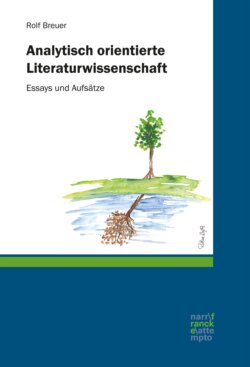Читать книгу Analytisch orientierte Literaturwissenschaft - Rolf Breuer - Страница 7
1. Language and form as the distinguishing criterion of poetry
ОглавлениеUntil the 18th century, epic poetry and certain types of poems – ode, elegy, nature poetry – were the key genres of literature. A poet striving for honour and glory had to excel in these genres, in which Homer and Vergil were considered to be the greatest models, with Dante, Camões, Milton and others as the respective national examples.
These epic poems, odes, sonnets, and epistles differed from discursive texts – historiography, homilies, philosophical treatises, laws, or everyday speech etc. – in their use of language, namely in such deviations from everyday speech as verse, metre, rhyme, poetic diction with liberties in vocabulary (archaisms, for instance) and syntax (a freer order of words).
Such poetic text-types with their ritualistic and magical elements corresponded to the world-view of pre-modern times. In a magical conception of language, the speaker is understood to act upon the world in a direct way. Speaking of the devil may make him appear. Ritualistic language usage – as in litanies – points to the fact that sometimes it is not so much the information that counts, but rather the way in which the message is conveyed.
This is the original, and proper, province of literature, not only in text-types like charms that are expressly magical, but more generally in all forms of poetry with devices like alliteration and rhythm, metaphor and simile, invocation, burden etc. When more rational, critical conceptions of language superseded these older conceptions, poetry became the reserve of such ancient language usage. Imagery and all rhetorical and formal devices of more modern literary works of art became, as it were, the vanishing grade (“Schwundstufe”) of the former magical practices. As a consequence, poetry became the realm of speech where deviation from the norms of discursive speech is constitutive, and, again as a consequence, deviation from the norms of everyday and discursive usage of language became the decisive criterion of poetics.
